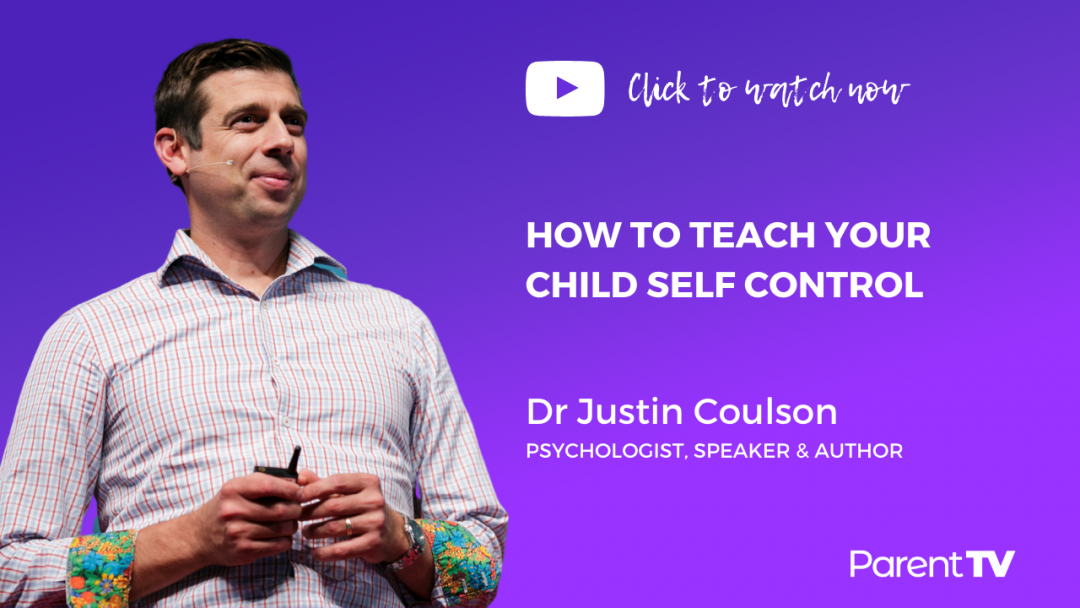When kids seem unmotivated to do schoolwork
Categories: Education
Does your child seem unmotivated when it comes to schoolwork? Here’s how to explore what’s really going on!
Just like adults, some children seem to have a wellspring of internal motivation, whereas others are a bit more ~relaxed~ about getting things done. During COVID-19, you’ve probably noticed that your social media feeds have a mixture of those people who have seized the day during quarantine and learnt a new language, landscaped the whole front yard or mastered a complex French pastry technique, and others who have…watched a lot of Netflix. No judgement here! People respond to trauma, upheaval and stress in different ways and we’re all just trying to get through the days.
Kids are no different. Some of them will breeze through their online learning program and even complete extra work, and others will procrastinate until the absolute last minute, then rush through it. The same things apply when school is operating normally. You might have one child who is diligent, high-achieving and committed and another who just floats, coasts under the radar or actively resists schoolwork. It may seem like these kids are lazy or lacking in motivation, but it’s important to unpack this a bit. If your child’s not engaging with schoolwork, here are some things to consider:
- What do they say about it? If you explore it with them in an interested, non-accusatory way, do they tell you it’s too hard? They’re bored? They just don’t care?
- If your child says they’re bored, what do they mean by this? Boredom in the classroom could mean they’re understimulated, overstimulated, not being challenged or being too challenged.
- Have you spoken to their teacher(s)? What do they think is going on?
- Have you examined your own expectations to check they’re reasonable? Is it possible you’re expecting too much from your child and they’re not developmentally ready for the level or output you’re asking of them?
- Have you been a little too liberal with the rewards? The difficulty with over-rewarding kids is that they can then find it difficult or dispiriting when you then expect them to do anything they’re not incentivised for. ‘Children shouldn’t be bribed to breath,’ says psychologist, Dr Justin Coulson. Instead what they need to learn is self-control, which leads to self-motivation. ‘To teach kids about self-control, talk to them about it and make it a value in your home. At night, ask them when they did something that was hard and how it felt.’
- Is it just a natural part of their learning? Some kids find the process of mastering something really difficult. They might want to be accomplished immediately with little effort, or they may prefer to not attempt something new rather than be seen struggling or learning. It’s normal for kids to be frustrated with the time it takes to learn or the vulnerability in being a beginner.
- Are they dealing with changes in their learning environments? New school, new teachers, new timetables and new subjects can all make kids a little wary about diving in.
- Is anything happening socially or emotionally that might be impacting their ability to learn? Troubles at home, with friends or in the world might be causing stress, depression and/or anxiety, all of which impact the function of their brain.
- Have they been tested for hearing or vision difficulties and/or other language or learning difficulties? Sometimes, what presents as a reluctance to work is actually a real barrier to learning that they need professional help to address. Neurological differences like ADHD, OCD and ASD are also possibilities that may be worth exploring.
- How do they feel about their own abilities and capacity for learning? The most limiting thing can be our own beliefs about ourselves and what we’re capable of. This is especially true of little kids, says Nathan Wallis, who calls this attitude a child’s disposition towards themselves as a learner.‘‘When your child is under seven, it doesn’t matter how clever they are. It matters how clever they feel.’
Once you’ve worked your way through these considerations, it might also be useful to go inward and look at your own feelings around their behaviour and attitude to schoolwork and where they might be coming from. ‘Sometimes, when we’re disappointed in our child or teen, it’s because we see their potential and how far away they are from it,’ says parenting expert, Jason Gibson. ‘So it’s really our own fear for them, about whether they’ll achieve what they’re created to achieve.’
Ultimately, we just want the best for our kids and it’s frustrating when we feel they’re not making the most of the time, education and learning opportunities they have. But, it’s also important to remember that learning is a journey, much of it happens outside the classroom, and their relationship with school and schoolwork can change and develop as they do. Plus, they’ve got the support of a parent who cares enough about them to read this whole article, so the odds are already in their favour!
WATCH MORE HERE:




